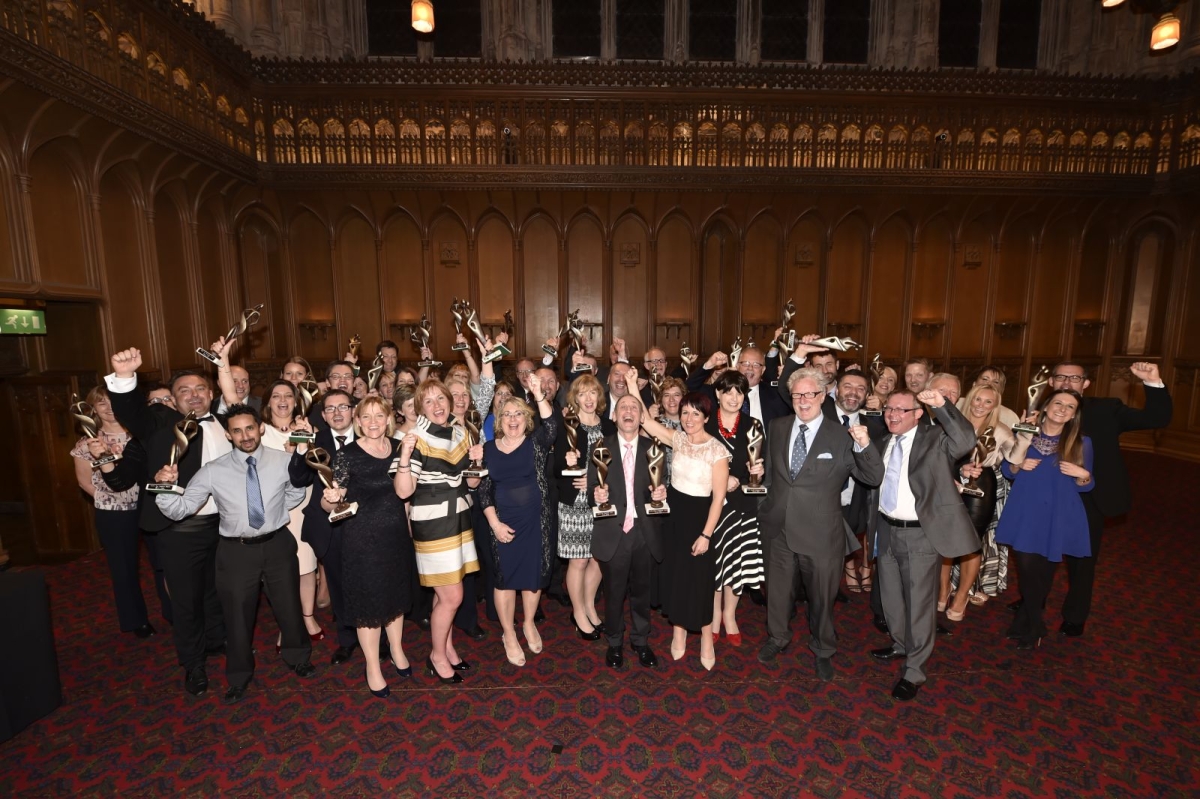
As part of our continuing commitment to helping to share best practice within the NHS we recently held our annual
Top Hospitals Awards ceremony celebrating excellence in healthcare. This year we had our largest ever audience which included representatives from NHS Improvement, HSCIC, NHS Confederation, Healthwatch England, NHS Alliance, Royal Colleges, Commissioners as well as colleagues from leading acute trusts.
We took the opportunity to survey the participants to find out what they thought were the key challenges facing the NHS and what might be done to address them. The most pressing concern for the majority is continuing to provide high standards of care in a way that is financially sustainable against a backdrop of growing patient demand. Having the workforce capacity to deliver these high standards of care and the recruitment and retention of staff were also high on the list of challenges.
However, when asked what the NHS could do differently to deliver a financially sustainable and high quality health service, the most common answer surprised us. Rather than improve performance and deliver on cost improvement plans, working more collaboratively was the emphasis. This marks a significant paradigm shift towards better cooperation and collaboration. Pooling budgets and resources as well as sharing learning were mentioned as one way of achieving this.
The introduction of accountable care models and the vanguard initiatives reflect how this thinking is translating into action. Reliable transparent information commonly shared across networks must be at the heart of this collaborative approach.
Attendees also wanted the NHS to invest in staff. This was the second most popular answer to our question what the NHS could do differently. Continuous improvement and efficiency along with reducing waste was also a popular response. These are two sides of the same coin as by focusing on adding value and reviewing processes we take out the waste and therefore release cash and resource to out back into improving frontline care. Although we heard many different ideas about how the NHS can improve, the fact that working together to achieve a common objective was singled out by the majority is heartening.
We know that a good starting point is sharing best practice which is why we have published a report featuring case studies from the winners of last’s years Top Hospitals Awards which you can find
here.
As part of our continuing commitment to helping to share best practice within the NHS we recently held our annual
Top Hospitals Awards ceremony celebrating excellence in healthcare. This year we had our largest ever audience which included representatives from NHS Improvement, HSCIC, NHS Confederation, Healthwatch England, NHS Alliance, Royal Colleges, Commissioners as well as colleagues from leading acute trusts.
 As part of our continuing commitment to helping to share best practice within the NHS we recently held our annual Top Hospitals Awards ceremony celebrating excellence in healthcare. This year we had our largest ever audience which included representatives from NHS Improvement, HSCIC, NHS Confederation, Healthwatch England, NHS Alliance, Royal Colleges, Commissioners as well as colleagues from leading acute trusts.
As part of our continuing commitment to helping to share best practice within the NHS we recently held our annual Top Hospitals Awards ceremony celebrating excellence in healthcare. This year we had our largest ever audience which included representatives from NHS Improvement, HSCIC, NHS Confederation, Healthwatch England, NHS Alliance, Royal Colleges, Commissioners as well as colleagues from leading acute trusts.